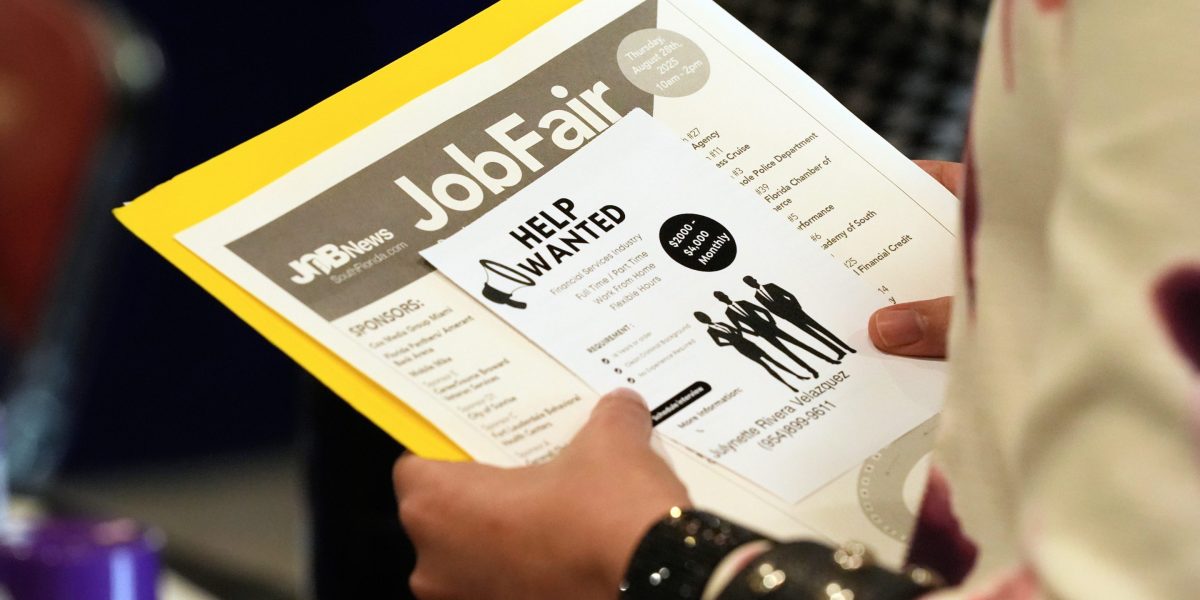
"When Carly Kaprive left a job in Kansas City and moved to Chicago a year ago, she figured it would take three to six months to find a new position. After all, the 32-year old project manager had never been unemployed for longer than three months. Instead, after 700 applications, she's still looking, wrapped up in a frustrating and extended job hunt that is much more difficult than when she last looked for work just a couple of years ago."
"Kaprive is caught in a historical anomaly: The unemployment rate is low and the economy is still growing, but those out of work face the slowest pace of hiring in more than a decade. Diane Swonk, chief economist at KPMG, calls it a "jobless boom." While big corporate layoff announcements typically grab the most attention, it has been the unwillingness of many companies to add workers that has created a more painful job market than the low 4.3% unemployment rate would suggest."
Carly Kaprive moved from Kansas City to Chicago and after submitting about 700 applications remains unemployed, experiencing extended, more difficult job hunting than in prior years. Uncertainty over interest rates, tariffs, immigration, and artificial intelligence has led some employers to cancel positions mid-process. The economy shows low unemployment and continued growth while hiring rates have slowed to the weakest pace in over a decade, creating what Diane Swonk calls a "jobless boom." Many companies are unwilling to add workers, producing a bifurcated market where current employees face fewer layoffs but outsiders struggle to enter. Recent large corporate cuts may indicate change, but their long-term impact remains uncertain.
Read at Fortune
Unable to calculate read time
Collection
[
|
...
]